
Are you worried about your children’s safety on the internet? You might be thinking, ‘I can’t possibly keep track of everything they do online.’ But don’t worry, we’ve got you covered.
In this article, we will show you how to ensure the cybersecurity of your children and keep them safe in the digital world. We understand that online risks for children are a growing concern for parents, and that’s why we want to equip you with the knowledge and tools to protect your kids.
By setting safe internet usage guidelines, using parental control and monitoring tools, and educating your children about online safety, you can create a secure online environment for them.
Remember, your involvement and leading by example are crucial in teaching your children how to navigate the digital landscape responsibly.
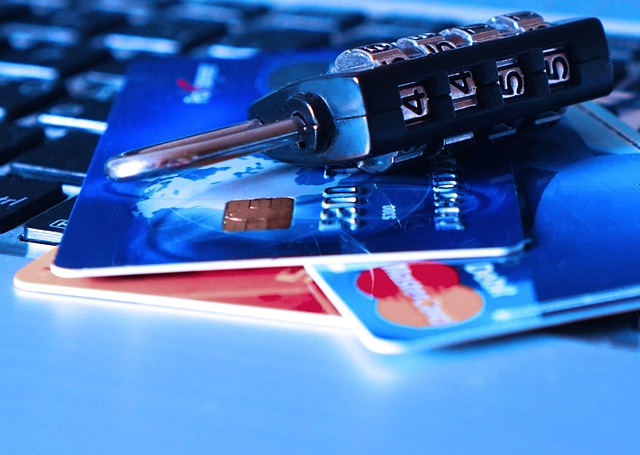
So, let’s dive in and learn how to safeguard your children from online threats.
Key Takeaways
- Set clear guidelines and use parental control tools to create a safe online environment for your child.
- Educate your children about online safety, including cyberbullying prevention and the risks of sharing personal information.
- Stay informed about common online threats and actively monitor your child’s online activities.
- Promote healthy online habits and well-being by setting limits on screen time and encouraging offline activities.
Introduction
Are you ready to take control and protect your children from the dangers lurking in the online world?
As a parent, it is crucial to prioritize cybersecurity for your children and ensure their online safety. With the ever-increasing presence of technology in our lives, it has become essential to be proactive in safeguarding our kids from potential threats.
By utilizing parental control software and implementing internet usage guidelines, you can establish a secure online environment for your children. These tools allow you to monitor and restrict their access to inappropriate content, limit screen time, and block potentially harmful websites.

Additionally, educating your children about cyberbullying prevention is vital. By teaching them about the importance of respectful online behavior and fostering open communication, you can help protect them from the negative effects of cyberbullying.
Stay vigilant and take the necessary steps to keep your children safe in the digital world.
Understanding Online Risks for Children
In this section, you’ll learn about common online threats and dangers that can affect your children.
We’ll also discuss the impact of unsupervised internet usage on them.

It’s important for you to be aware of these risks and understand how they can potentially harm your child’s well-being.
Common Online Threats and Dangers
One of the most alarming dangers parents must be aware of is how cyberbullying and online predators can harm their children’s well-being and safety. It is crucial for parents to understand the common online threats and dangers that their children may encounter.
Online predators can disguise themselves as friendly individuals, seeking to exploit children’s innocence and trust. Cyberbullying, on the other hand, involves the use of technology to harass, intimidate, or humiliate others.
To protect their children, parents should make use of parental control tools to monitor their online activities and restrict access to inappropriate content. It is also important to educate children about the potential risks and dangers of interacting with strangers on online gaming platforms.

Additionally, parents can access online safety resources provided by cybersecurity organizations to stay updated on the latest threats and preventive measures.
Impact of Unsupervised Internet Usage on Children
To ensure the well-being and safety of your kids, it’s essential to understand the potential negative impact of unsupervised internet usage on their development, relationships, and mental health. When children spend excessive time online without proper supervision, they are vulnerable to various risks.
Firstly, unsupervised internet usage can hinder their social development. Instead of engaging in face-to-face interactions, they may become isolated and struggle with building meaningful relationships.
Secondly, exposure to inappropriate content such as violence, explicit material, or cyberbullying can have a detrimental effect on their mental health. It may lead to anxiety, depression, or low self-esteem.
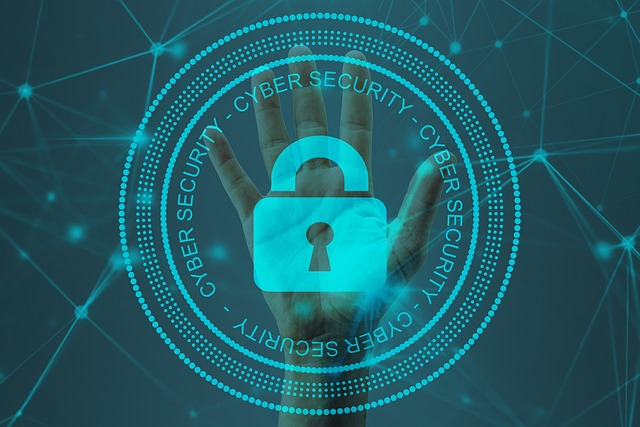
Lastly, excessive screen time can negatively impact their physical health, leading to an inactive lifestyle and potential health issues.
By understanding these risks, you can take proactive measures to ensure your children’s safety and well-being online.
Setting Safe Internet Usage Guidelines
When it comes to setting safe internet usage guidelines for your children, there are a few key points to consider.
First, it’s important to ensure age-appropriate internet access. This means that you need to monitor and control what your child can access online based on their age and maturity level.

Second, establishing internet usage rules and boundaries is crucial to keep your children safe online. This includes setting limits on screen time, teaching them about responsible online behavior, and discussing the potential risks and consequences of certain online activities.
Age-Appropriate Internet Access
Ensure that your child’s internet access aligns with their age and is visually represented in a way that keeps them safe online.
It is important to understand that different age groups have different needs and vulnerabilities when it comes to online activities.
For younger children, it is crucial to provide a safe and controlled online environment. This can be done by using child-friendly search engines and websites, as well as installing parental control software that restricts access to inappropriate content.
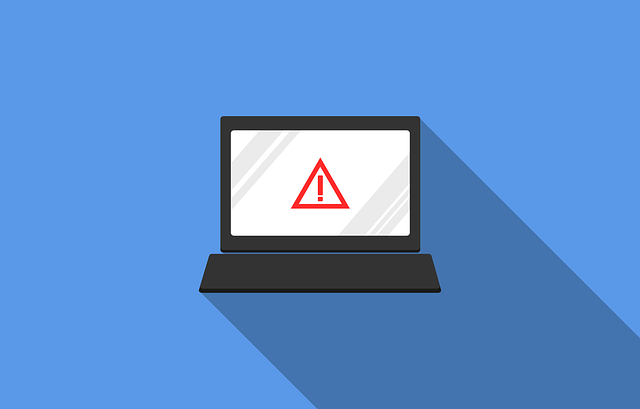
As your child grows older, it is important to gradually introduce them to more freedom and responsibility online. However, it is still important to monitor their online activities and have open conversations about internet safety.
Remember to regularly update privacy settings and educate your child about the potential risks of sharing personal information online.
By being proactive and involved, you can ensure that your child has a safe and age-appropriate internet experience.
Establishing Internet Usage Rules and Boundaries
To establish clear guidelines and boundaries for your child’s internet usage, follow these steps:
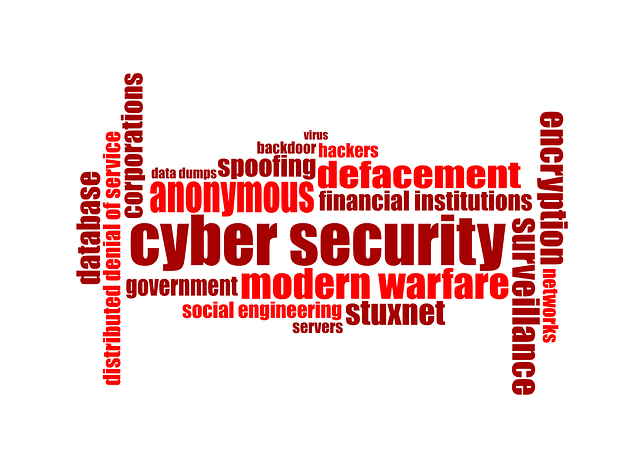
- Set specific time limits for screen usage to prevent excessive online time.
- Define the websites and online platforms that are allowed and appropriate for your child’s age.
- Regularly check and monitor your child’s online activities to ensure they are following the rules.
- Encourage open lines of communication with your child, so they feel comfortable discussing any concerns or questions about their online experiences.
By implementing these rules and boundaries, you can protect your child from potential online threats and create a safe digital environment for them to explore and learn.
Parental Control and Monitoring Tools
When it comes to keeping your children safe on the internet, one effective tool is parental control software. This software provides an overview of your child’s online activities, allowing you to monitor and manage their internet usage.
By learning how to use parental control software effectively, you can ensure that your children have a safe and age-appropriate online experience.
Overview of Parental Control Software
Take control of your child’s online safety with parental control software. It provides you with an overview of their digital activities and empowers you to protect them from potential online threats.

Parental control software is designed to give you peace of mind by allowing you to monitor and manage your child’s online behavior. You can track the websites they visit, set time limits for internet usage, and even block inappropriate content.
It also enables you to receive alerts and notifications whenever your child attempts to access restricted websites or engages in suspicious online activities. Some parental control software even allows you to remotely control and manage your child’s devices, ensuring they are protected across different platforms.
By utilizing parental control software, you can ensure your child’s online safety and guide them towards responsible internet usage.
How to Use Parental Control Software Effectively
Maximize your child’s online protection and empower yourself by effectively utilizing parental control software to monitor and guide their digital activities.

Parental control software is a powerful tool that can provide you with peace of mind and help keep your children safe on the internet.
To use it effectively, start by setting up filters and restrictions that align with your family’s values and safety concerns.
Customize the software to block inappropriate content, limit screen time, and monitor your child’s online behavior.
Regularly review and update the settings as your child grows and their needs change.

Additionally, communicate openly with your child about the importance of online safety and explain the reasons behind the restrictions you have set.
By using parental control software effectively, you can create a safer online environment for your child and foster responsible digital habits.
Educating Children about Online Safety
When it comes to educating your children about online safety, it’s important to teach them responsible internet use.
This includes setting clear guidelines and expectations for their online behavior, such as not sharing personal information and being mindful of their digital footprint.

Additionally, make sure they understand the importance of recognizing and reporting any suspicious activities they may come across while online, such as cyberbullying or inappropriate content.
By educating your children about these key points, you can help them navigate the online world safely and responsibly.
Teaching Responsible Internet Use
Teaching responsible internet use is crucial in guiding children towards a safer and more meaningful online experience. Parents should instill values of appropriate behavior and privacy considerations when using the internet. Clear expectations and boundaries should be set for children regarding their online activities. They should be taught to think before sharing personal information or engaging in online conversations. It is important to encourage them to be mindful of their digital footprint and the potential consequences of their online actions. Additionally, children should be educated about respecting others’ privacy and avoiding cyberbullying. By teaching responsible internet use, we can empower children to make informed decisions and navigate the online world responsibly.
Recognizing and Reporting Suspicious Activities
Spotting and speaking up about sketchy situations is key to safeguarding our kids online. As a parent, it is crucial to teach your children how to recognize and report suspicious activities on the internet.

Start by explaining what types of behaviors or content might be considered suspicious, such as receiving unsolicited messages from strangers or being asked for personal information. Encourage your child to trust their instincts and let them know that it’s okay to feel uncomfortable in certain online situations.
Teach them how to report any suspicious activities to you or a trusted adult, and show them how to use the reporting features on different platforms. By empowering your children to recognize and report suspicious activities, you are helping them develop important skills to stay safe online.
Protecting Personal Information
When it comes to protecting personal information online, it’s important to educate your children about privacy and safe social media practices.
You need to teach them the importance of safeguarding their personal information, such as their full name, address, and phone number, and not sharing it with strangers online.
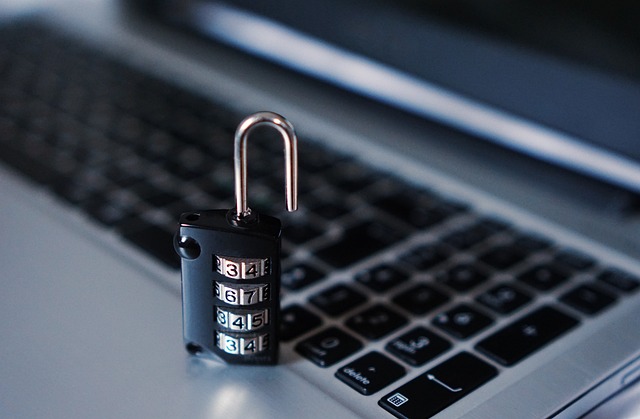
Additionally, it’s crucial to instill in them the knowledge of safe social media practices, such as setting their profiles to private, being cautious about accepting friend requests, and thinking twice before posting anything that could potentially be harmful or embarrassing in the future.
Educating Children About Privacy
Teaching children about privacy is essential to keep them safe online. It is crucial to educate them about the importance of not sharing personal information with strangers on the internet.
Remind them to never reveal their full name, address, phone number, or school name to anyone they meet online. Encourage them to use pseudonyms or nicknames instead of their real names when creating online accounts or profiles.
Explain the concept of online predators who may try to exploit personal information for malicious purposes. Teach them to be wary of requests for personal information, even if it seems innocent.
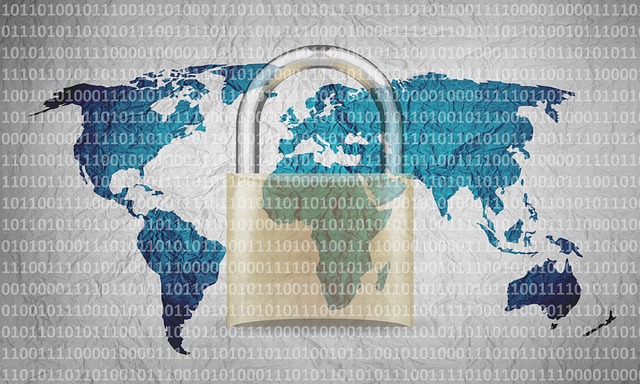
Emphasize the importance of keeping passwords private and not sharing them with anyone, including friends. By instilling these lessons early on, you can help your children develop good habits and protect their privacy online.
Safe Social Media Practices
Ensure you’re taking steps to protect yourself and your loved ones by practicing safe social media practices.
One of the most important things you can do is to set privacy settings on your and your child’s social media accounts. Make sure to review and understand the different options available and choose the highest level of privacy that suits your needs. It’s also a good idea to regularly review and update these settings as social media platforms often make changes to their policies.
Another important step is to manage friend lists carefully. Encourage your children to only accept friend requests from people they know in real life and trust. Remind them that not everyone online is who they claim to be.

By being proactive and vigilant, you can help ensure your children’s safety while they navigate the online world of social media.
Cyberbullying Prevention and Response
In order to prevent and respond to cyberbullying, it’s important for you to be able to identify the signs of cyberbullying. Keep an eye out for changes in your child’s behavior, such as sudden withdrawal or reluctance to use their devices.
Additionally, encourage open communication with your child about cyberbullying so they feel comfortable coming to you if they experience or witness it.
Identifying Signs of Cyberbullying
Pay close attention to your child’s behavior online, as it may hold the key to uncovering the hidden web of cyberbullying. Identifying signs of cyberbullying is crucial in order to protect your child from its harmful effects.

Look for changes in their behavior, such as becoming withdrawn or displaying sudden mood swings. They may also show reluctance to use their electronic devices or avoid certain online platforms altogether. Keep an eye out for signs of anxiety or depression, as cyberbullying can have a profound impact on a child’s mental health.
Other indicators may include a drop in academic performance, changes in sleep patterns, or loss of interest in activities they once enjoyed. By being vigilant and observant, you can take the necessary steps to address cyberbullying and ensure the safety and well-being of your child.
Encouraging Open Communication About Cyberbullying
Encouraging open communication about cyberbullying is essential in creating a safe environment for your children. Start by having open and honest conversations about the risks and dangers of cyberbullying. Let them know that they can always come to you if they encounter any form of online harassment. Create a safe space where they can freely express their concerns without fear of judgment or punishment. Listen actively and validate their feelings, showing empathy and understanding. By fostering open communication, you can stay updated on their online interactions and provide guidance and support when needed. Being a supportive and attentive parent is key to keeping your children safe on the internet.
Safe Online Gaming and Entertainment
When it comes to keeping your children safe on the internet, it’s important to choose age-appropriate games and apps. Make sure to research the content and read reviews before allowing your child to download or play any games.

Additionally, implementing safety measures for online gaming, such as setting privacy settings and monitoring their online interactions, can help ensure a secure and enjoyable gaming experience for your child.
Choosing Age-Appropriate Games and Apps
Ensuring your children’s safety online means selecting games and apps that are appropriate for their age, allowing them to explore and learn in a secure digital environment. When choosing games and apps for your children, it’s important to consider their age, interests, and developmental level.
Look for age ratings and content descriptions provided by platforms or app stores. These ratings can help you determine if the game or app is suitable for your child. Additionally, read reviews and feedback from other parents to get a better understanding of the game’s content and potential risks.
It’s also a good idea to try out the game or app yourself before allowing your child to use it. By being proactive and cautious in your selection, you can ensure that your children are engaging with age-appropriate content that promotes their learning and enjoyment while keeping them safe online.

Safety Measures for Online Gaming
To keep yourself protected while gaming online, it’s crucial to familiarize yourself with safety measures and implement them effectively.
One important step is to enable two-factor authentication for your gaming accounts. This adds an extra layer of security by requiring a verification code in addition to your password.
It’s also important to be cautious when interacting with other players. Avoid sharing personal information and be wary of anyone asking for it.
Additionally, make sure to regularly update your game and console software to patch any security vulnerabilities.

Another important measure is to use strong and unique passwords for your gaming accounts. This helps prevent unauthorized access to your personal information.
Lastly, consider using parental controls to limit your child’s online interactions and set restrictions on in-game purchases.
By following these safety measures, you can enjoy online gaming while keeping yourself protected.
Handling Cybersecurity Incidents
In case of online threats or harassment, it’s crucial to take immediate action to protect yourself and mitigate the damage.
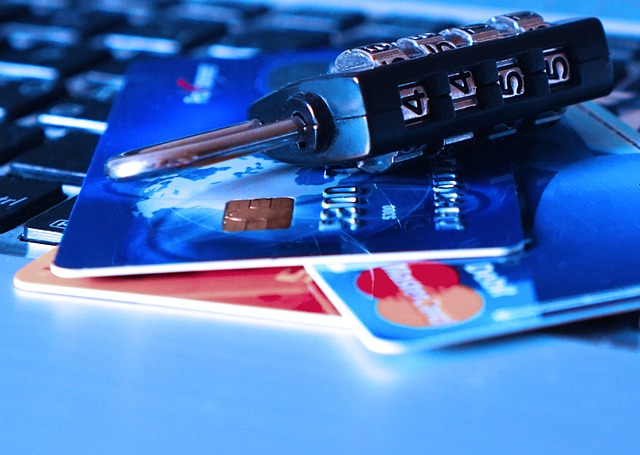
Start by blocking the person responsible and reporting the incident to the relevant authorities or platform.
Additionally, it’s important to strengthen your security measures after such incidents by updating your passwords, enabling two-factor authentication, and regularly monitoring your online presence.
What to Do in Case of Online Threats or Harassment
If your child is facing online threats or harassment, it’s crucial to know how to respond and report the incidents to the appropriate platforms or authorities.
The first step is to talk to your child and gather as much information as possible about the situation. Encourage them to save any evidence, such as screenshots or messages, which can be useful in the reporting process.

Next, report the incident to the platform where the harassment or threat occurred. Most social media platforms have reporting mechanisms in place for such cases.
Additionally, if the threat involves illegal activities or poses a serious risk to your child’s safety, don’t hesitate to involve the authorities. Report the incident to your local law enforcement agency, providing them with all the relevant information and evidence.
Remember, taking immediate action is essential to ensure your child’s online safety.
Strengthening Security After Incidents
After experiencing online threats or harassment, it’s crucial for you to take steps to strengthen your security and protect your personal information. Did you know that 90% of cyber attacks are caused by human error, such as weak passwords or sharing sensitive information?

To strengthen your security after such incidents, start by changing your passwords regularly and making them strong and unique for each online account. Consider using a password manager to securely store and generate complex passwords.
Additionally, review your privacy settings on social media platforms and adjust them to limit the amount of personal information visible to others.
Educate yourself and your children about the importance of online safety. Teach them about the risks of sharing personal information with strangers and the potential consequences of engaging with harmful online content. Encourage open communication with your children, so they feel comfortable reporting any suspicious or uncomfortable online encounters.
By taking these proactive steps, you can significantly enhance your online security and protect both yourself and your children from potential cyber threats.

Parental Involvement and Leading by Example
To ensure the safety of your children on the internet, it’s important for you to actively participate in their online activities. By doing so, you can gain a better understanding of the platforms they use and the potential risks they may encounter.
Additionally, leading by example and demonstrating safe online behavior will teach your children how to navigate the digital world responsibly.
Actively Participating in Children’s Online Activities
Stay involved in your children’s online activities by actively participating and staying aware of their interests and online friends. Encourage open communication with your children and make an effort to understand the websites and apps they use.
By taking an interest in their online world, you can better protect them from potential dangers. Create accounts on social media platforms your children use and become their online friends. This will allow you to monitor their interactions and keep an eye out for any suspicious activity.
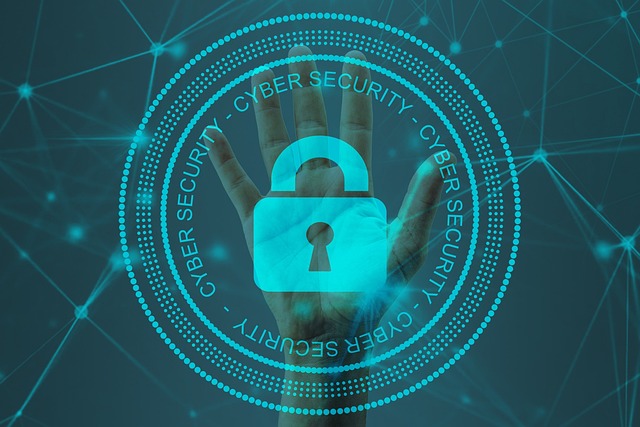
Additionally, familiarize yourself with the privacy settings on their devices and teach them about the importance of strong passwords and not sharing personal information.
By actively participating in your children’s online activities, you can help create a safer and more secure online environment for them.
Demonstrating Safe Online Behavior
Show your children how to navigate the online world responsibly, setting an example of safe behavior and fostering a culture of digital citizenship.
Be mindful of the websites you visit and the information you share online.

Teach your children about the importance of strong passwords and the need to keep personal information private.
Encourage them to think critically about the content they encounter and to question the credibility of sources.
Emphasize the importance of respecting others online by promoting kindness, empathy, and responsible communication.
Avoid engaging in harmful or inappropriate online behavior, such as cyberbullying or sharing sensitive information without consent.
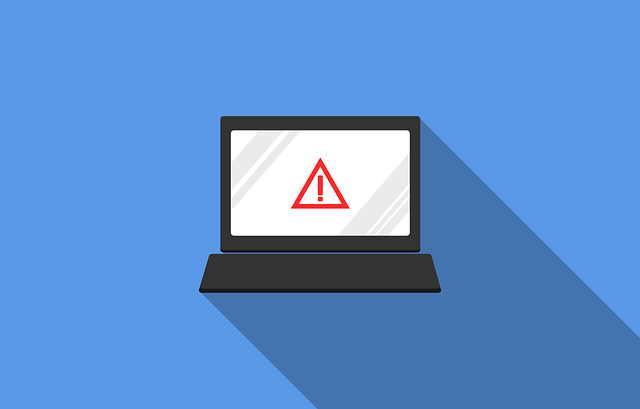
By demonstrating safe online behavior, you are equipping your children with the necessary skills to protect themselves and others in the digital world.
Encouraging Offline Activities and Balancing Screen Time
To encourage offline activities and balance screen time, you can promote physical activities and social interactions. Encourage your child to participate in sports, outdoor games, or join clubs and community organizations.
Setting healthy limits on screen time is also crucial. Establish specific time frames for using electronic devices and encourage your child to engage in other activities such as reading, hobbies, or spending time with family and friends.
Promoting Physical Activities and Social Interactions
Encourage your kids to get off the couch and explore the great outdoors. There’s no time like the present to put their best foot forward. Physical activities are not only beneficial for their overall health, but they also provide a break from the digital world.
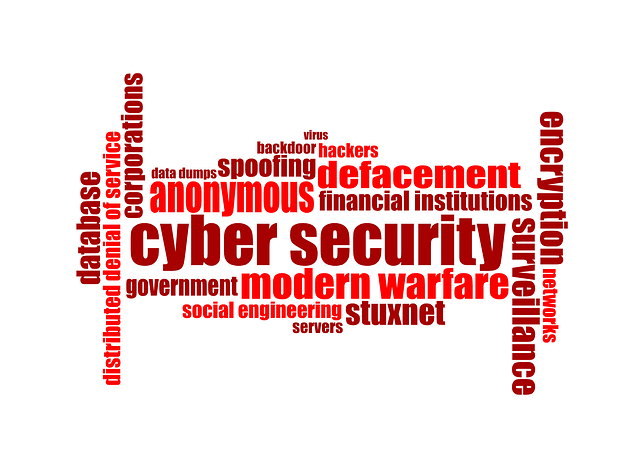
Encourage them to participate in sports, go for bike rides, or simply play outside with their friends. These activities will not only keep them physically fit but also help develop important social skills.
Encourage them to interact with other children and make new friends. Spending time with peers in a non-digital environment will give them a chance to engage in face-to-face conversations and build meaningful relationships.
So, make sure to prioritize physical activities and social interactions to create a healthy balance between the virtual and real world for your children.
Setting Healthy Limits on Screen Time
Take a moment to reflect on how much screen time you allow yourself and your children each day. Setting healthy limits on screen time is crucial for your children’s well-being.

While screens can provide educational and entertainment opportunities, excessive use can lead to various issues like poor sleep, sedentary lifestyle, and even behavioral problems.
The American Academy of Pediatrics recommends limiting screen time to one hour per day for children aged 2 to 5, and consistent limitations for older children. To enforce these limits, establish clear rules and communicate them to your children.
Encourage alternative activities like outdoor play, reading, and hobbies. Be a good role model by practicing healthy screen habits yourself.
Remember, setting healthy limits on screen time helps your children develop a balanced lifestyle and promotes their overall well-being.

Staying Informed About Online Trends and Risks
To stay informed about online trends and risks, it’s important for you to keep up with the latest online safety resources. These resources can provide you with valuable information on new threats and ways to protect yourself and your children online.
Engaging with cybersecurity organizations and initiatives is another great way to stay up-to-date on the latest trends and risks. They often provide educational materials, webinars, and workshops on online safety.
Keeping Up with the Latest Online Safety Resources
Staying updated on the newest online safety resources is key to keeping your children protected on the internet. With the ever-evolving nature of technology, it’s crucial to stay informed about the latest tools and information available to ensure your child’s online safety.
By regularly checking for updates from reputable sources, such as parenting websites, cybersecurity blogs, and online safety organizations, you can stay ahead of the curve and implement the most effective strategies to protect your children.

These resources often provide valuable tips, guidelines, and even software recommendations that can help safeguard your child’s online experience. Additionally, they may offer insights into emerging online risks, such as new social media platforms or popular gaming trends that could pose threats to your child’s safety.
By actively engaging with these resources, you can empower yourself to better protect your children in the ever-changing digital landscape.
Engaging with Cybersecurity Organizations and Initiatives
Get involved with cybersecurity organizations and initiatives by joining local community workshops or attending online webinars. These events provide practical strategies to protect your child’s digital privacy and prevent online threats.
For example, imagine attending a workshop on internet safety organized by a cybersecurity organization. Experts at these workshops discuss the latest trends in online scams and phishing attacks. They also provide valuable insights on how to educate your child about these risks.

These workshops often include interactive activities and resources. They equip you with the knowledge and tools to navigate the ever-changing landscape of online dangers.
Engaging with cybersecurity organizations and initiatives helps you stay up-to-date on the latest threats and technologies. This ensures that you are well-prepared to safeguard your child’s online experiences.
Additionally, these organizations may offer ongoing support and guidance. This allows you to connect with other parents facing similar challenges. You can share best practices for maintaining a secure online environment for your child.
Recap
Safeguarding your children’s online presence requires active parental engagement and a commitment to ongoing education about cybersecurity. It is important to stay informed about the latest online threats and teach your children about safe online practices.

Regularly communicate with your children about their online activities and establish rules and boundaries for internet use.
Encourage open and honest conversations about cyberbullying, online privacy, and the responsible use of social media.
Utilize parental control tools and software to monitor your children’s online activities and set limits on screen time.
Additionally, be proactive in engaging with cybersecurity organizations and initiatives that provide resources and support for parents.
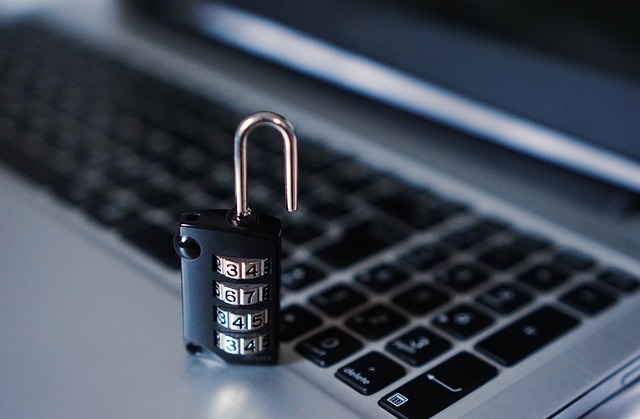
By taking these steps, you can play an active role in keeping your children safe on the internet and promoting a secure online environment for the entire family.
Frequently Asked Questions
How can I monitor my child’s online activities without invading their privacy?
To monitor your child’s online activities without invading their privacy, you can tread the fine line between helicopter parenting and turning a blind eye. Keep an eye out for red flags and have open conversations about responsible internet use.
What steps can I take to protect my child’s personal information from online threats?
To protect your child’s personal information from online threats, you can start by teaching them about privacy settings, encouraging strong passwords, and educating them about the risks of sharing personal details online.
To prevent cyberbullying on social media, be a vigilant guardian. Monitor your child’s online activities, educate them about responsible behavior, encourage open communication, and report any incidents to the platform administrators.
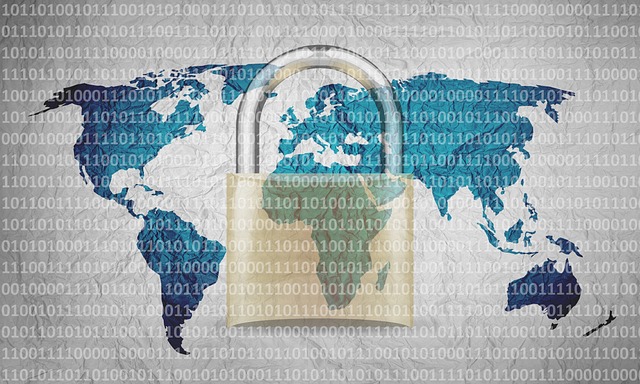
How can I ensure my child’s safety while they engage in online gaming?
To ensure your child’s safety while they play online games, monitor their gaming activities, set clear rules about internet usage, and educate them about online risks. Also, use parental controls, encourage open communication, and choose age-appropriate games.
What should I do if my child becomes a victim of a cybersecurity incident?
If your child becomes a victim of a cybersecurity incident, act quickly. Contact the appropriate authorities, such as the police or your internet service provider, and gather any evidence. Then, take steps to secure your child’s accounts and educate them about online safety.
Conclusion
As a parent, you play a vital role in safeguarding your children’s online world.
By setting safe internet guidelines, using parental control tools, and educating your children about online safety, you create a shield of protection.

Stay involved and lead by example, guiding them through the digital landscape.
Encourage offline activities, striking a balance between screen time and real-life experiences.
Stay informed about online trends and risks, arming yourself with knowledge.
Together, we can build a fortress of cybersecurity to keep our children safe in the vast digital ocean.

You might also like to read on these cybersecurity articles on Get Hitch
Cyberbullying: Identifying, Preventing, and Responding to Online Harassment
Secure Online Banking: Tips for Keeping Your Financial Information Safe








